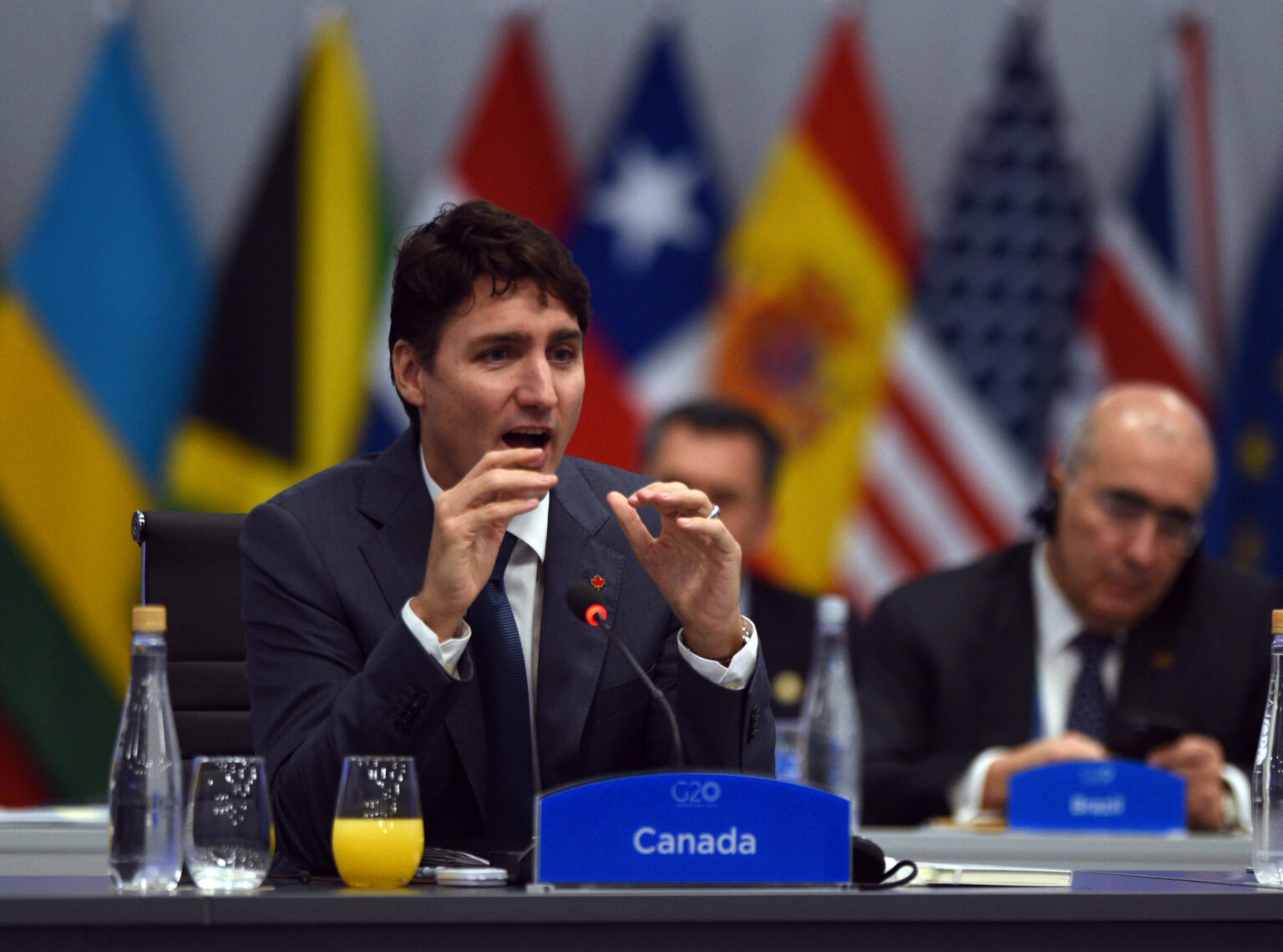Margaret Thatcher once observed “the problem with socialism is that you eventually run out of other people’s money.” This will never be a problem it seems for the Canadian fossil fuel industry.
The latest example of apparently bottomless public largess towards this planet destroying sector is Strathcona Resources, which will access up to $1 billion from the Canada Growth Fund toward building a $2 billion carbon capture facility for their bitumen extraction operations in Alberta and Saskatchewan.
The public will own zero percent stake in this infrastructure. The company crowed to their investors in a press release that “all of Strathcona’s share of capital costs is expected to be recouped through the federal CCS investment tax credit and other grants.” Who says there is no free lunch?
Subscribe to our newsletter
Stay up to date with DeSmog news and alerts
The amount of Canadian public money earmarked for the fossil fuel sector topped $11 billion per year between 2018 and 2020 – the highest amount in the developed world according to a report from Oil Change International. The same study found that government support for renewable energy was just seven percent of what was shoveled at the oil and gas industry – one of the lowest rates in the world.
Canada is also the second largest source of public funding for dubious carbon capture and storage technology, over $2 billion USD and committed since 2009 – not including the latest bounty bestowed on Strathcona Resources. The global installed capacity of carbon capture is less than 50 million tonnes of CO2 per year, which represents only 0.1 percent of global emissions. The actual amount of CO2 captured is in fact far less due to many of these expensive facilities failing to operate at full capacity.
The other elephant in the room is the fact that carbon capture projects at fossil fuel facilities like Strathcona Resources aim only to sequester emissions from oil production, ignoring the other 80 percent of emissions when the refined fuel is ultimately burned downstream as a transportation fuel. Unless we intend to attach balloons to every vehicle tailpipe and somehow inject those emissions deep into the earth, CCS can do nothing to decarbonize the vast majority of CO2 originating from the fossil fuel industry.
Much of the public funding for CCS is delivered through export credit agencies such as the Canada Growth Fund that provide financing for projects like carbon capture considered too risky for conventional lenders. Export Development Canada is another publicly backed creditor for the fossil fuel sector, doling out up to $1 billion in loans just last month to Enbridge, Coastal Gaslink and Cedar LNG.
The renewable energy sector on the other hand has little issue accessing private capital. Solar installations, wind farms and battery storage technologies have matured into lucrative and predictable investments on track to hit $2 trillion this year – double the amount of capital going towards fossil fuels.
So why are various governments in Canada presuming to pick winners and losers in the energy sector? Public debt reached almost $3 trillion in 2022, which is 117% of national GDP. This works out to $76,000 for every man women and child in the nation. Even Alberta is somehow $147 billion in the red despite extracting 36 billion barrels of oil worth over $2 trillion. With growing concern about excessive public spending and the potential impacts on inflation, perhaps the best place to start belt tightening is by eliminating expensive giveaways to a sunset industry that is also imperiling the climate.
CCS in particular seems a terrible investment of public money based on expert analysis and what the oil industry quietly admits in their internal communications. Documents unearthed during a recent U.S. congressional investigation reveal oil companies are far less optimistic about carbon capture than they portray in their public ad campaigns. The Intergovernmental Panel on Climate Change (IPCC) likewise projects that CCS could only abate about 2 percent of global emissions by 2030 based even on an unlikely scenario where the unproven technology worked flawlessly.
Existing facilities further demonstrate the imperfect performance of carbon capture. ExxonMobil’s installation in Wyoming is often touted as a CCS success story. Yet after 35 years of operation, a mere three percent of carbon emissions have been permanently sequestered. Forty-seven percent were instead sold to oil companies to enhance fossil fuel extraction.
There is however a way to safely store dangerous amounts of carbon in the ground that requires no elaborate and ineffectual engineering solutions or billions in public funding: leave fossil fuels in the ground where they have harmlessly been for millions of years. And if oil companies really believed that CCS was such a sound investment, perhaps they would deploy their own record profits rather than relying on government handouts of other people’s money.
Subscribe to our newsletter
Stay up to date with DeSmog news and alerts






